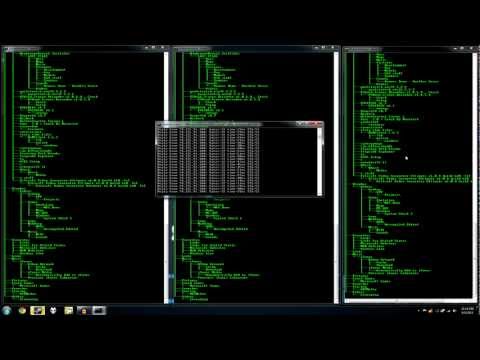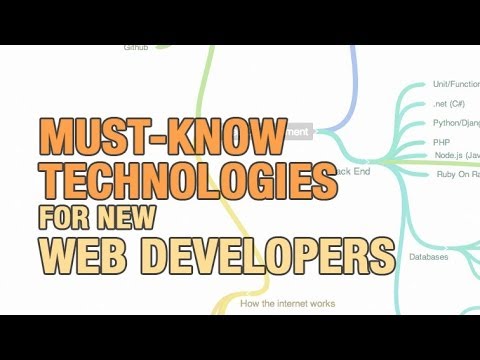My computer was hacked.
All the work I’ve ever had, all those hours sitting in front the computer to work. Articles that I wrote, personal contacts, my notes from college, almost lost, and for not taking security seriously. Everything was saved by transferring the hard drive to another computer, the last measure.
This has to change. Now I am taking security seriously and start gathering knowledge and learning on information security to prevent any hacking. True, I already had a database holding a lot of information (from investigative research I did from time to time for journalism), but now I pretend to learn.
I am no computer wizard, even less a hacking wizard, and probably wouldn’t even get near to be accepted in the hacker’s version of Hogwarts. But thankfully, there is internet.
Regarding hacking there is one advice running across many websites. If one pretends to stop attacks from ever to happen again one has to enter the mind of the attacker, and must try to become a hacker.
It all starts, at least for me, with articles to gain inspiration from, like the tale from a chef. She changed her career, be inspired by her achievement:
Now, how would look the activity of hacking? Would it be like in the movies where everything happens in a few strokes? Is that even possible for a professional? I certainly don’t know if a professional can do what the movies pretend, but most probably I’m right in something that hacking is not, and is not just the looks, even if it “looks cool” thou:
Is not necessary to give up fascination in the quest for learning, but the visualization part is not very common, although some fascinating representations do exists. At the left is the good guy, protecting the blue bubbles that are innocent accounts, at the right there is the hacker, launching red “evil” bubbles:
But what in the world would guide me to the “hacker mentality”? And yes, many hackers require one to have certain mentality to even think of trying (no pun intended). Well, it might be brought by instances of determination and interest, like trying to catch one’s own attacker. Sure it is what got me interested in the first place:
http://www.webtorials.com/content/2012/07/tracking-hackers-down---then-striking-back.html
But it takes more than a weekend hobby to get in the shoes of someone with enormous resources, with years of practice on its back. It takes dedication to get into this, it takes a personal decision, it takes…time. Time, a lot of patience and stubbornness to be into something one is awfully bad at, to get to the level of understanding and working on stuff that requires a lot of knowledge:
In the next episode, your favorite angry beaver (me) attempts to decipher more on this mindset, and perhaps building up skills himself.
PD: Don’t blame me if I am bad at this, but I’ll stick to it (rule number #1, determination).










